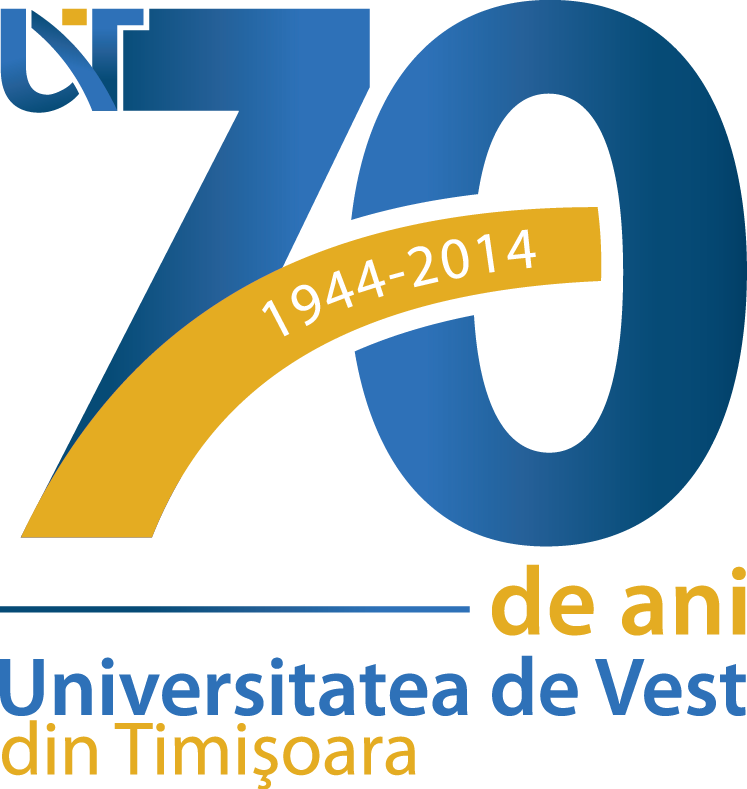The early and crucial observations leading to understanding the construct of resilience were made on children experiencing chronic adversity. Afterwards, research on resilience expanded to adults and older adults, included longitudinal studies, and was tackled using a lifespan approach. At the same time, resilience was studied in increasingly diversified situations, belonging both to the registers of traumatic events and of chronic adversity.
Though initial studies focussed on individual resilience and on facilitating personal characteristics, it very quickly became clear that many factors pertaining to the family and to the general environment are involved in the process underlying the development of resilience. In parallel, it became obvious that families, communities and societies living in chronic adversity or experiencing traumatic events can be resilient. Thus have been established the fields of family, community and, more recently, societal resilience.
The rapid expansion of the use of the resilience concept is not without generating many questions. Is this extension risky? Does it contribute to the trivialization, to the dilution of the concept of resilience? Or does it testify of its development, its wealth, and heuristic value? What are the consequences on the theory of resilience? What are the implications for practice? By bringing together practitioners and researchers working on individual resilience (discussed in a life cycle perspective), on family, community and societal resilience, the Second World Congress aims to provide answers to these questions and to advance our knowledge in the field. Thus, it will contribute to the progress of the current stage in the evolution of resilience research - designated as the fourth wave – a stage characterized by multileveled analysis of how resilience is shaped.
Serban Ionescu MD, PhD
Psychiatrist and psychologist
Professor Emeritus
University Paris 8
University of Québec in Trois-Rivières
Information concerning the congress – program, call for papers, registration, accommodations and social activities – can be found on the pages of this regularly updated website.







